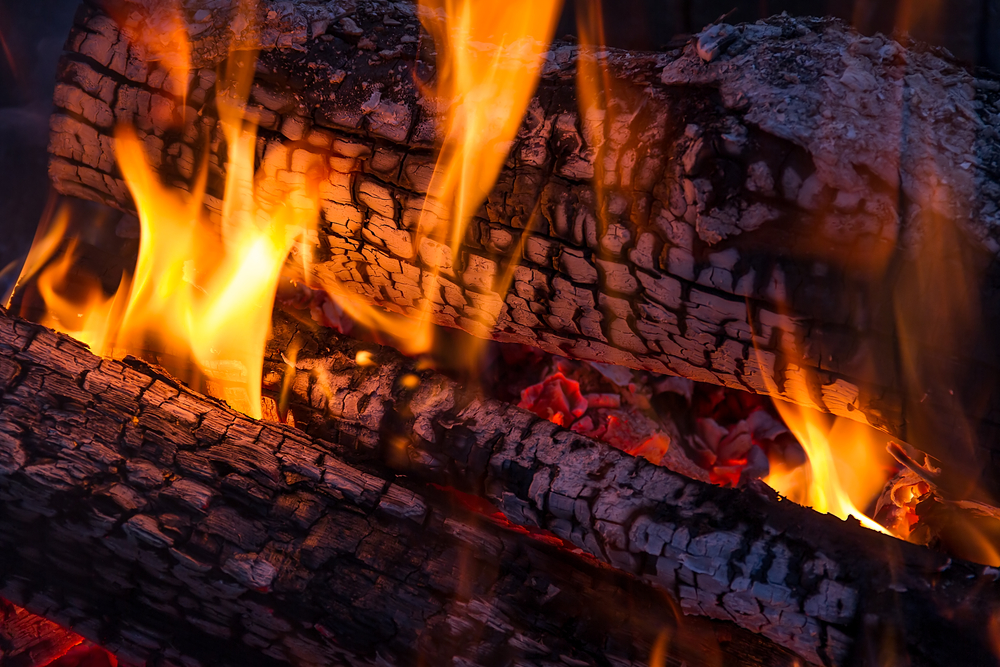Dutch invention at the base of world particulate pollution map

The Netherlands Institute for Space Research (SRON) in Leiden presented a map on Friday showing fine particulate levels across the world based on an invention by Dutch scientists.
The map, which shows the average particulate pollution between March and December 2024, was made using SPEXone, an instrument developed by a consortium including SRON, Airbus Defence and Space Netherlands.
The instrument was launched on NASA climate satellite PACE a year ago and its measurements have now resulted in the first worldwide fine particulate pollution map in 10 years.
Fine particulates, or aerosols, influence climate and air quality, which in turn affects human health. They also play a role in global warming. The new data collected by the instrument can now be added to climate models, halving their margin of error by half.
“It was very important to develop a tool that could determine air quality. That we were able to do solely with Dutch input makes us very proud,” Aaldert van Amerongen of the SRON Earth Observation Program told the Telegraaf.
India, Central-Africa and South America show the highest levels of fine particulate pollution, with fires as an important contributor, Van Amerongen said.
The SPEXone was completed three years ago and presented to NASA, which added it to the instruments on its satellite, Van Amerongen said.
Science minister Eppo Bruins said he was “impressed” by the work of SRON. “We don’t have enough knowledge about the atmosphere’s complexities and how climate change works. These data can be applied immediately and so help to improve climate models significantly,” he said.
The current cabinet is implementing a €1 billion cutback on scientific investigation at universities leading to “less knowledge, fewer innovations and fewer solutions for problems,” Dutch organisation for scientific research NWO has warned.
Thank you for donating to DutchNews.nl.
We could not provide the Dutch News service, and keep it free of charge, without the generous support of our readers. Your donations allow us to report on issues you tell us matter, and provide you with a summary of the most important Dutch news each day.
Make a donation